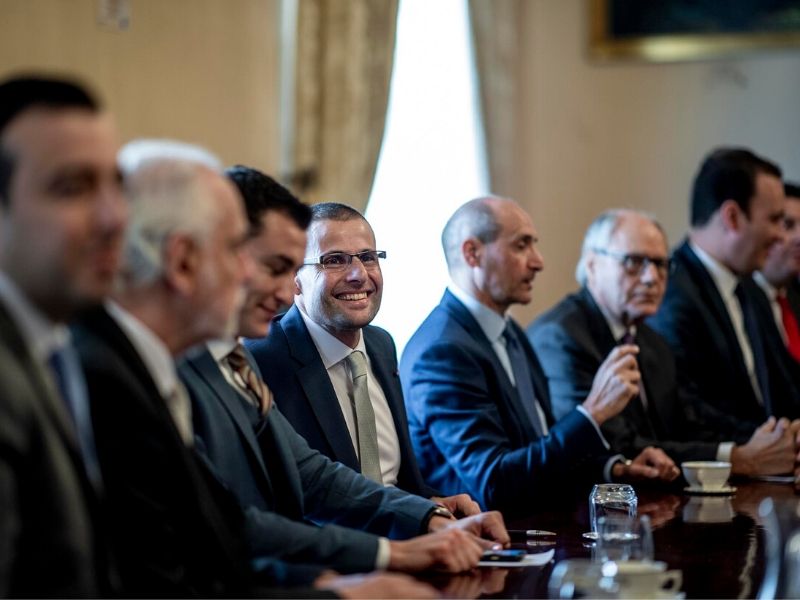COVID-19 has had a significant impact on press freedom and independent journalism in Malta, the EU’s smallest member state.
Key issues include a non-transparent system of providing public aid to media outlets, a restrictive attitude toward access to information, and delays in the public inquiry into the murder of investigative journalist Daphne Caruana Galizia.
The Maltese government allocated close to €1 million in COVID-19 financial aid to news media providers but the process by which these funds were allocated remains opaque as questions and concerns surrounding this funding remain unanswered.
The Shift sent a number of Freedom of Information (FOI) requests to Malta Enterprise, the agency overseeing COVID-19 relief funding, asking how the funds were allocated.
While the agency confirmed that the amount designated was €946,000, it refused to divulge any specifics, citing a confidentiality clause that is normally applied to protect commercial interests.
The media houses that benefited from this aid have not been transparent about the deals reached with the government.
Even before COVID-19 hit Malta, independent newsrooms have long been dependent on government funding in the form of advertising, making them particularly vulnerable to its whims. The government has often leveraged withholding or offering publicly funded advertising as a means to exert pressure.
This occurs in a context where those at top levels of the administration had to resign as a result of press revelations on corruption and accusations of involvement in the assassination of journalist Daphne Caruana Galizia in 2017.
Well before COVID-19, the island had long shed its pretence of a quaint and idyllic nation. Malta’s ranking in the World Press Freedom Index continues to drop and independent journalists continue to face increasing hostility in the form of vexatious libel suits and SLAPP threats among other forms of harassment, but the advent of COVID-19 has compounded these circumstances further.
It has caused delays in the reporting of the proceedings from the public inquiry into the journalist’s assassination, which has been critical in exposing the rot of corruption that created the climate for her death. And Prime Minister Robert Abela has attempted to use these delays to shut down the inquiry prematurely.
The same government has also used the crisis to limit further public access to information in a country where the prime minister has far too much power and checks and balances are weak, as documented by the Council of Europe and the European Parliament.
‘Singular’ would be the best word to describe Malta’s media landscape as it is the only EU Member State where the two main political parties in the House of Representatives own, control and manage their own media enterprises, which dominate the public sphere.
The consequences of such a set-up have, over the years, entrenched a deeply partisan and divisive public discourse, and COVID-19 has only served to highlight just how problematic Malta’s mediascape remains.
Read the full details in the report prepared by The Shift for the International Press Institute.














Perhaps the media organisations could voluntarily declare if they have or have not received aid funding from the Government. Those that do not respond, well we can draw our own conclusions….
I see that the ‘swamp media’ are trying to silence you over this article. So much for Freedom of the Press.